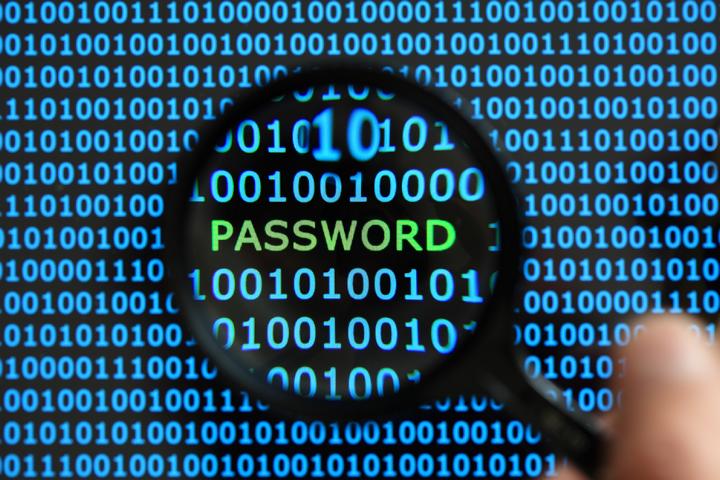 Protecting your information is on our minds all the time. Just this week we have had three serious reports of information loss in our customer and employee community.
Protecting your information is on our minds all the time. Just this week we have had three serious reports of information loss in our customer and employee community.
A new report out from MIT states that we need to change our thinking on passwords. Password breach is one of the main ways that criminals can get to your data.
“Passwords must include upper and lowercase letters, and at least one numeric character” is what is commonly suggested and many web sites will tell you that this is enough to make your password strong. However, this study tested state-of-the-art password-guessing techniques and found that requiring numbers and uppercase characters in passwords no longer works well.
So How Do the “Bad Guys” Guess Our Passwords then?
Today sophisticated password guessing software is being built and sold to the highest bidder and it’s getting better every day. For example, programmers are even making the software ‘trained’, so that is uses lists of millions of stolen passwords to make better guesses.
How many passwords do they have? Hundreds of millions. Adobe (a major software developer) lost 130 million passwords in 2013 alone.
What this means for you is that if you are using common words like Password or your first name, address, birthday, etc. in your password it will only take a thief a few seconds to break into your data.
We know. This is some scary information to be receiving, but there are things you can do now to help to make your passwords more secure:
Longer is Better
The MIT study found that making your passwords longer and including symbols is much more effective. It might be tough to remember at first, but the longer the better.
Use phrases instead of words
Connect with you inner Yoda. Use phrases that don’t use common words or change a phrase’s normal pattern.
Example: instead of using !L()veMyD0GSoMuch (I love my dog so much), try using MyD0gS0MuchL()ve! (My dog so much love I)
Other things to try would be to use something from a favorite fictional story like a book or movie, or maybe a song lyric. It’s tempting to use facts that are linked to your life because they’re easier to remember, but these are ways that hackers can get at your password easier based on commonly known password phrases.
Happy Password Creating!
And for further reading here’s a link to the study:
http://www.technologyreview.com/news/542576/youve-been-misled-about-what-makes-a-good-password/
If you’d like to talk more about data security and how we can help make your business as unbreachable as possible, contact Upward Technology today!
Leave A Comment